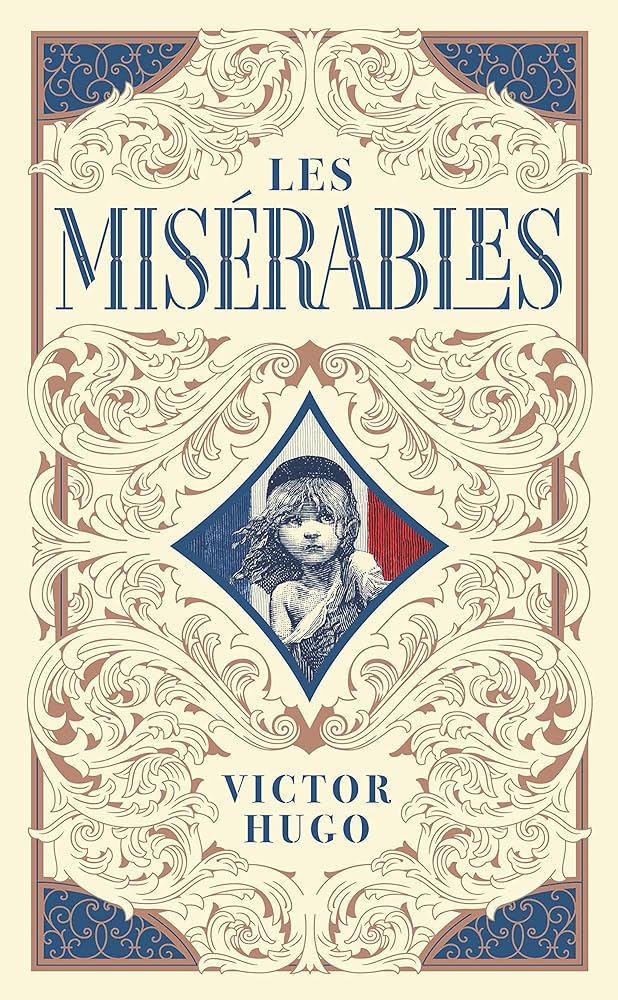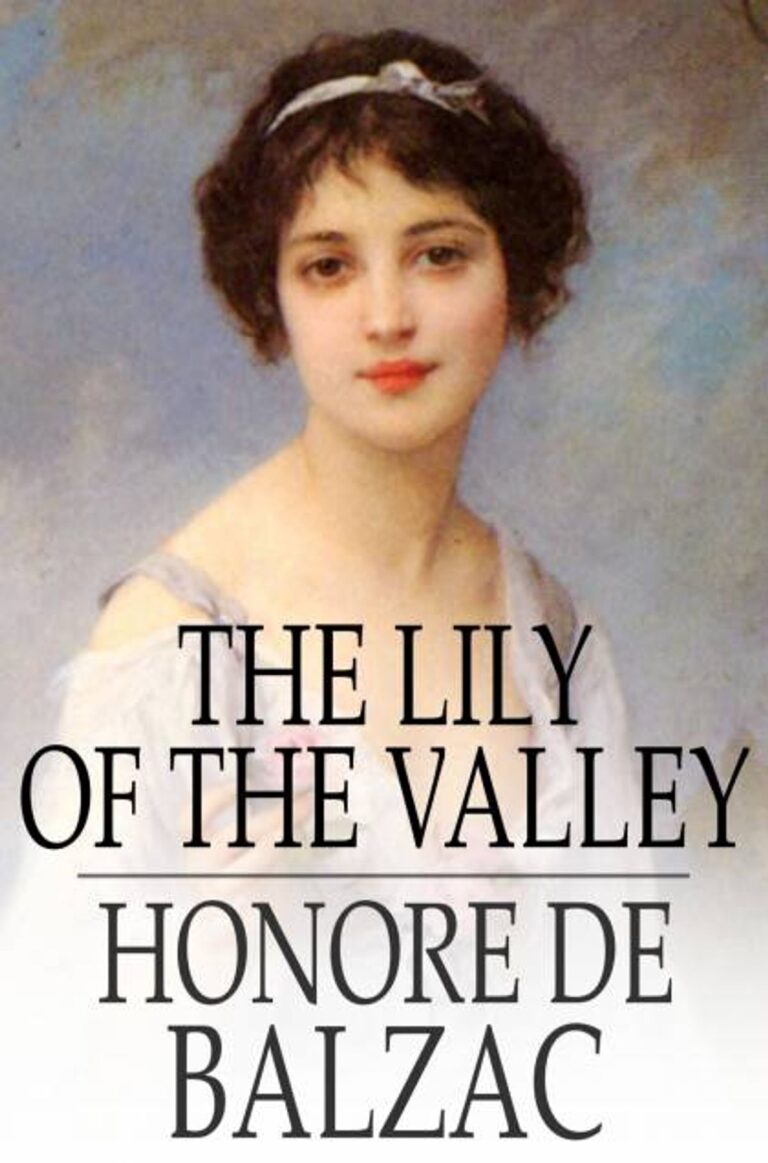Book Review | Les Misérables
Victor Hugo (1802-1885): One of the greatest writers of French literature. He is known for his poems, plays and novels. He is the representative of the Romanticism movement in France. In addition to his enormous successes in literature, he also played an active role in political life, for which he was sentenced to exile, and although he completed his sentence, he did not return to France until the fall of the Empire. First published in 1862, Les Misérables is the most magnificent part of the author’s novel trilogy, in which he deals with “religion” with The Hunchback of Notre-Dame and “nature” with Toilers of the Sea, and deals with “society”. This epic novel starts from French society and reaches out to humanity with a cosmological perspective and a unique sensitivity. The stories of Fantine, Cosette, Marius, the barricades of the Rue Saint-Denis, Paris, Javert and Jean Valjean, extending from misery to love, from disaster to goodness and from darkness to light, meet the readers. Les Misérables consists of five books, each as long as a novel; everything is in the novel. The basis of the novel is Jean Valjean’s life, and the love between Marius and Cosette adorns this life. A large part of the story is based on real events. Les Misérables is a novel with a thesis; it is an attack on injustice. Hugo criticizes a barbaric legal and penal system that condemns people to the galleys for minor crimes, emphasizes punishing rather than rehabilitating the criminal, does not consider extenuating circumstances and does not allow release under probation. He blames the society that creates and endures these situations. Hugo’s words about the Empire, the Bourbon Restoration and the July Dynasty, which have a very important place in French history, are worth reading and are instructive. In fact, Marius’ political thoughts go through the same stages as Hugo’s; first royalist, then Bonapartist and finally republican. Hugo, having been in the French National Assembly, tells us what he knows about practical politics. However, he is enthusiastic and excited about the mysticism of the political movement that turns the people into fanatic supporters of the empire or sends them to the barricades to die. Les Misérables is, above all, a moral and religious study of holiness, which is perhaps one of the most difficult theses for a novelist. Bishop Myriel is a man of saintly status and his moral influence on Valjean plays a decisive role in his becoming a good person. As for Valjean; he is a model of generosity and self-sacrificing love. In this way, he also influences others, preparing the way for them to enter the right path. In this way, the moral lesson told is derived from religious patterns; even a very bad person can enter the right path if he is forgiven and treated with love. In addition to these social, political and moral theses, Hugo also presents us with an enormous amount of information and commentary that has no organic connection with the story. Thus, we read independent articles on the history of the slang, life in the convents, the sewers of Paris and the battle of Waterloo. Some of these are dazzling. The events at Waterloo are masterfully described. Finally, we should mention Hugo’s notes on the old neighborhoods of Paris. While he was writing, these neighborhoods were being demolished and new and wide roads were being built. Hugo’s writings reflect his deep nostalgia (longing) for the streets and buildings that were rapidly disappearing. Few writers have had such deep feelings for the city as to see it as a living organism, with its processes of life, metabolism and death. Les Misérables is, without a doubt, a masterpiece. Even if we accept its pervasive, digressive structure as a fault, the plot of the novel is based on melodrama and coincidence to a degree that modern taste cannot easily accept; the style is ostentatious, based on antitheses that are put forward without much thought, the tone is grandiose, pretentious and exaggerated. In spite of everything, Valjean and his bishop have achieved literary immortality, and those who have read Les Misérables will never forget them.







